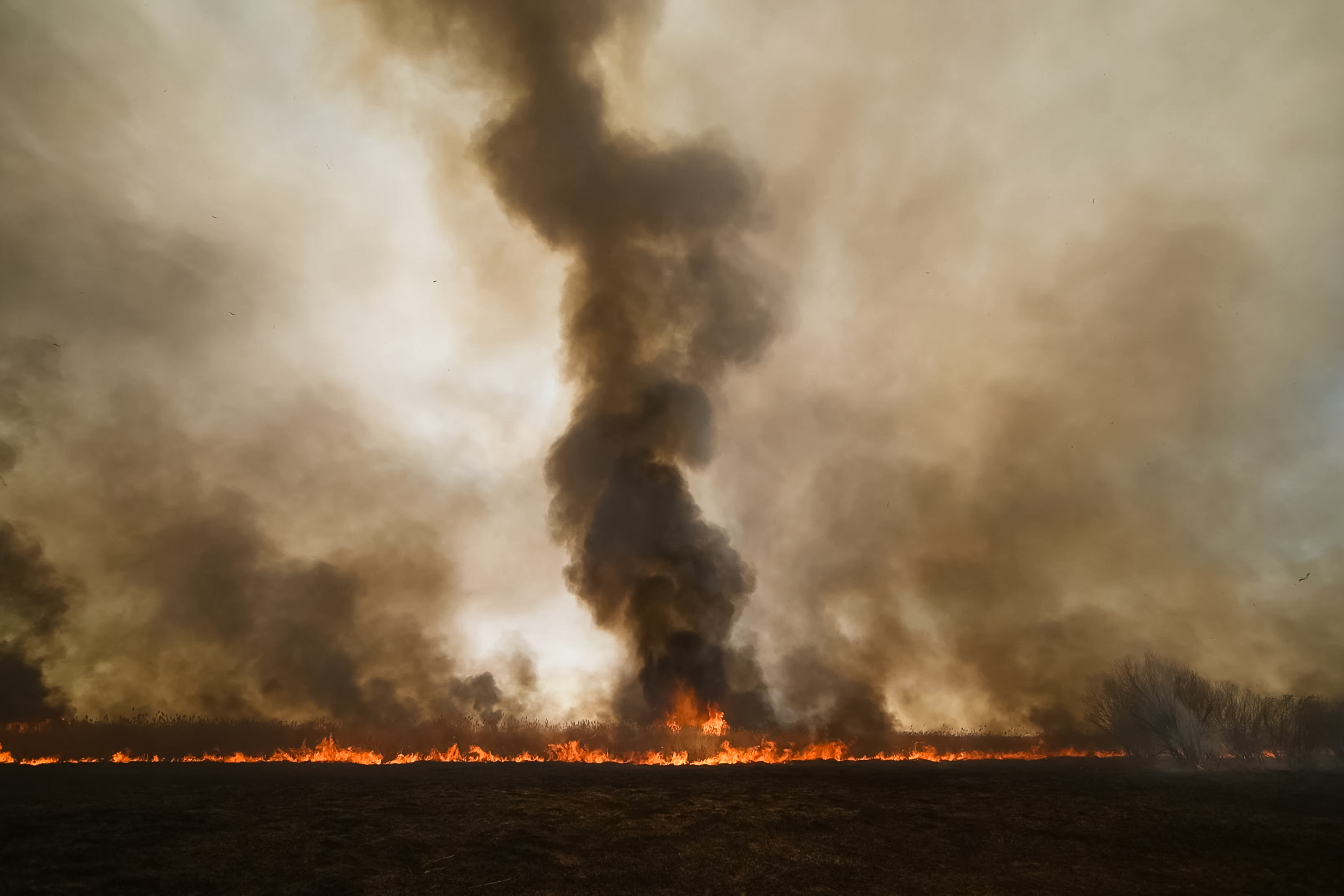In a show of the limitations placed on editorial independence and pluralism, the Turkish government has restrained media outlets from critically covering the ongoing wildfires.
In a letter sent to television stations, the Turkish Radio and Television Supreme Council (RTÜK) warned broadcasters that they could face sanctions for violating broadcasting principles by reporting in a way that may stoke public anxiety and fear. The regulator also encouraged media outlets to cover not only the raging fires but also those that have been extinguished.
“While fires erupted on 130 different spots have been successfully extinguished by urgent response teams, ignoring this and insistently broadcasting only burning areas is the broadcasting desired by those who expect an atmosphere of chaos,” the RTÜK reportedly said in its letter.
RTÜK has since fined at least six news outlets, warning that broadcasters may demoralise the public and firefighting efforts through continuous news coverage.
Meanwhile, just days after the media regulator issued its warning, a TV crew was attacked while reporting live on the wildfires. The European Federation of Journalists (EFJ) reports that five attackers confronted the crew and disagreed with what was being reported; at least one attacker wielded a broken glass bottle. Five people were detained but were later released from police custody.
Sahada fiilî engelleme, merkezde RTÜK tehdidi işe yaramayınca fiziki saldırıya geçtiler. Halk TV’nin Muğla’dan yaptığı yayın, organize bir grup tarafından basıldı.
Bizi kaba kuvvetle de sindiremeyeceksiniz.
Saraydan icazetli gazeteci olmayacağız. pic.twitter.com/H6c3jt0QFY— Gazeteciler Sendikası (@TGS_org_tr) August 6, 2021
The limits, fines, and attacks come even as parts of the country continue to be ravaged by the wildfires and when citizens most need information that is credible, fact-based, and ultimately lifesaving. With accusations being levelled against the government for perceived mismanagement of the wildfires, it is also necessary that journalists are free to report critically and independently to hold power to account and inform democracy.
A history of crackdowns
The Turkish government has a deplorable history of cracking down on independent media and press freedom. In May and June 2021 alone, more than 100 journalists appeared in court, faced with accusations ranging from insulting the president to being a member of a terrorist organisation. Four journalists were sentenced to a total of nine years, eight months, and two days in prison; they join the more than 60 already imprisoned.
“Despite the seeming decrease in the number of imprisoned journalists, the judicial pressure faced by the media in the country has not improved,” the Expression Interrupted project said in its new media monitoring report.
Foreign-funded media have also been caught in the crosshairs. Recently, the Presidential Communications Directorate announced that the Turkish Parliament will take steps to regulate foreign-funded local media outlets in an attempt “to protect the public order and the right of people to receive true news.”
“In an environment in which some foreign leaders have explicitly announced their intentions and efforts to politically design Turkish politics, we cannot interpret the provision of various funds of any foreign state or institution to the media sector independent of interests and targets in question,” Presidential Communication Director, Fahrettin Altun, said.
Turkish President Recep Tayyip Erdoğan also revealed that Parliament will carry out a study in October to address the issue of “fake news”, both in the media and on social media.
The announcements have been criticised by local and international organisations and media outlets as attempts to further stamp out independent journalism. “Officials targeting several critical and independent media outlets for securing funds abroad is a clear move to stifle further the free media in Turkey by controlling content,” the Media Freedom Rapid Response (MFRR) said in a statement.
Meanwhile, public media has also been co-opted by the Erdoğan government. Turkish public broadcaster Radio and Television Corporation (TRT) has been long accused of lacking impartiality and editorial independence. However, recent developments with its executive board have intensified these accusations. In July, TRT’s entire executive board was replaced and had its number increased by a presidential decree. Most of the members of the new board have political ties to the ruling government, IPI reports.
The Public Media Alliance (PMA) condemns the ongoing stifling of both public and private media in Turkey. Ideally, public media and public interest journalism play a fundamental role in underpinning democracy through their values of editorial independence, access, accountability, accuracy, and impartiality. These values also make them essential resources for citizens during times of crisis and emergency.
PMA calls on the Turkish authorities to stop its attacks on the press and work towards ensuring an independent and free media environment.
Header Image: Muğla, Turkey – 08 07 2021 Turkey has been fighting forest fires since 28 July. In addition to firefighters and forestry workers, many civilians and volunteers participate in extinguishing efforts. Credit: Sedat Elbasan/Shutterstock.com


